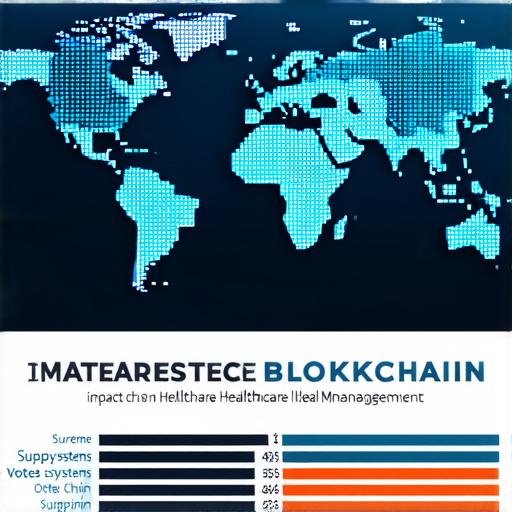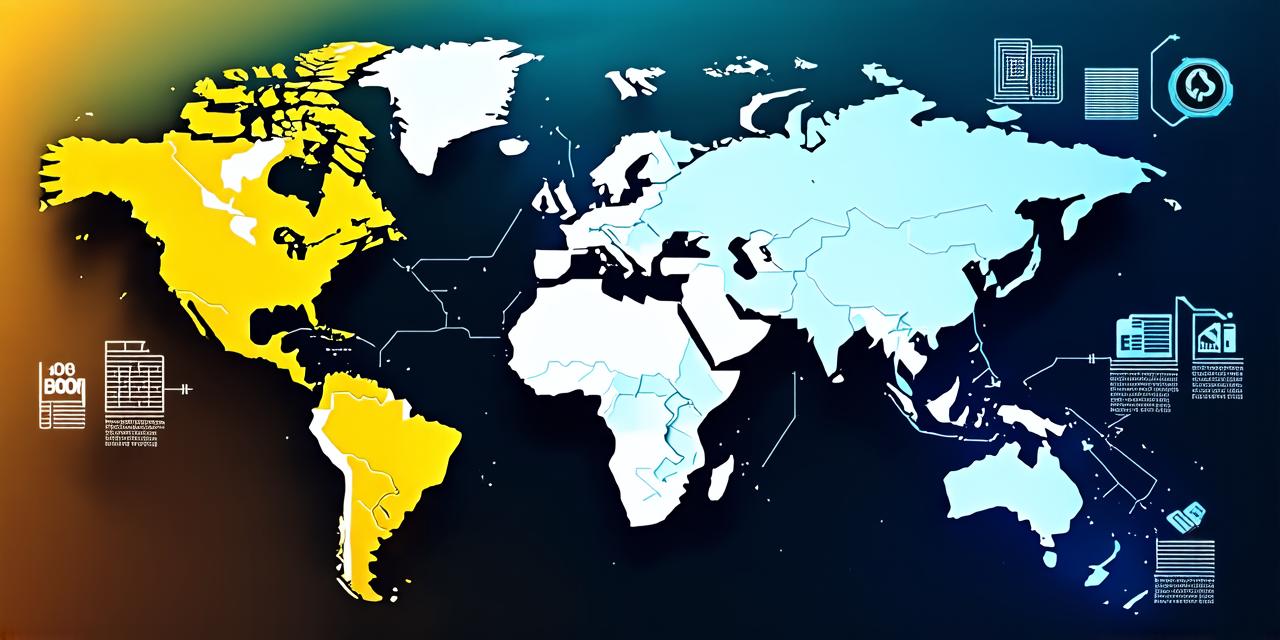Blockchain technology, most commonly associated with financial transactions, is changing the way we think about data and trust in many other industries. From healthcare to supply chain management, blockchain technology has the potential to bring transparency, security, and efficiency to a wide range of sectors.
Blockchain Technology in Healthcare
Healthcare is one of the most important industries that can benefit from blockchain technology. The decentralized nature of blockchain technology allows for secure and transparent sharing of patient data between healthcare providers, which is crucial for providing high-quality care.
Patients have control over their medical records, and they can decide who has access to it, which makes the process more secure and trustworthy. One example of blockchain technology in healthcare is the Medical Records project of MedRec, a nonprofit organization that aims to provide patients with a secure and private way to store their medical records.
The project uses blockchain technology to ensure that patient data is stored securely and cannot be tampered with or altered. Patients can grant permission to healthcare providers to access their medical records, but they have complete control over who has access to them.
Blockchain Technology in Supply Chain Management
Supply chain management is another industry that can benefit greatly from blockchain technology. The supply chain involves many different parties, including suppliers, manufacturers, distributors, and retailers, each with their own information systems and processes.
Blockchain technology solves these problems by creating a transparent and immutable record of every transaction in the supply chain. This makes it possible to track products from the manufacturer to the end consumer, ensuring that all parties have access to accurate information about the product’s origin, quality, and location.

For example, Walmart has implemented a blockchain-based system for tracking food products, called the Food Traceability System (FTS). The FTS uses blockchain technology to create a secure and transparent record of every step in the supply chain, from farm to store. This allows Walmart to quickly identify the source of any contamination and take appropriate action to protect customers.
Blockchain Technology in Real Estate
Real estate is another industry that can benefit from blockchain technology. Traditional real estate transactions involve multiple parties, including buyers, sellers, brokers, and lawyers, each with their own information systems and processes.
Blockchain technology solves these problems by creating a decentralized platform for real estate transactions. Smart contracts can be used to automate the process of buying and selling property, eliminating intermediaries and reducing transaction costs. Additionally, blockchain technology can be used to create a transparent and immutable record of every real estate transaction, making it easier to verify the authenticity of property deeds and other documents.
One example of blockchain technology in real estate is the Provenance project, which aims to use blockchain technology to create a more efficient and secure process for buying and selling real estate. The project uses smart contracts to automate the process of buying and selling property, eliminating intermediaries and reducing transaction costs. Additionally, the project creates a transparent and immutable record of every real estate transaction, making it easier to verify the authenticity of property deeds and other documents.
Blockchain Technology in Voting Systems
Finally, blockchain technology has the potential to revolutionize voting systems. Traditional voting systems are vulnerable to fraud, hacking, and tampering, which can erode public trust in the democratic process. Blockchain technology solves these problems by creating a transparent and immutable record of every vote cast, making it possible to verify the authenticity of election results.
